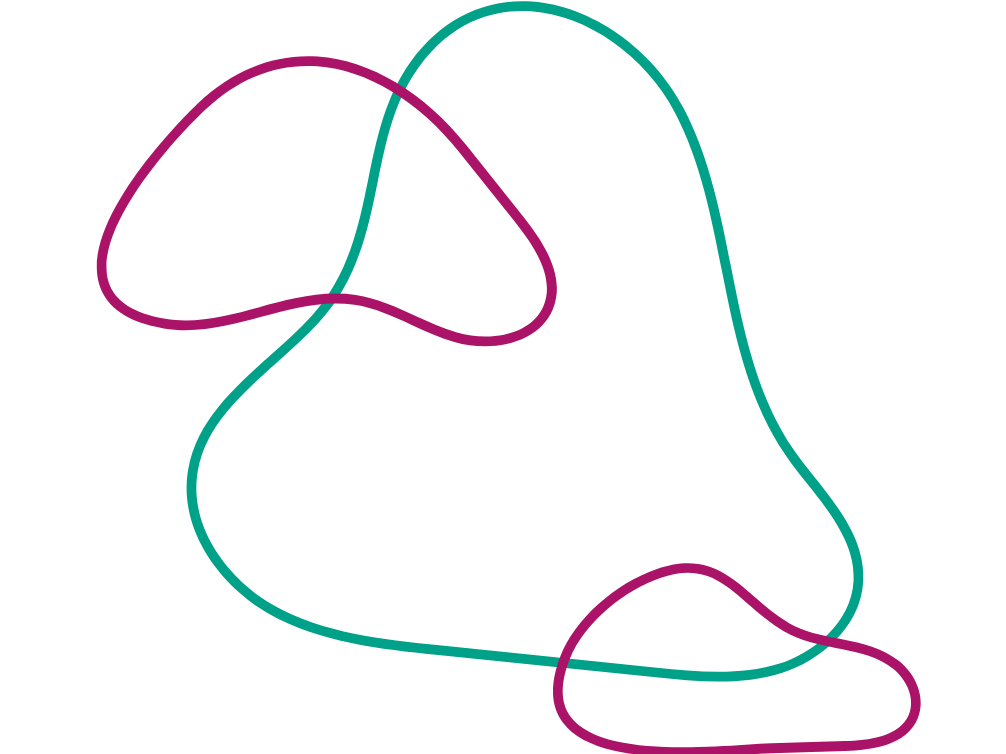It is not uncommon for students with disabilities to experience challenges related to executive dysfunction (ED). ED affects the cognitive ability to apply skills that assist students in a range of areas including planning, organizing, managing and prioritizing multiple tasks, focusing and shifting attention, retaining and manipulating information in the brain, and impulse control.
Furthermore, students with disabilities may experience unexpected flare-ups of disability-related issues and/or reduced energy throughout their day. Consequently, considerations for organization and time management must factor in health-related impacts (e.g. need to take rest breaks). This can result in students feeling overwhelmed with their workload.
Therefore, considerations and strategies for organizational and time management provided on this site are wide-ranging. This is important as disabilities impact students in a variety of ways and students will need to determine how their strengths and disability-related challenges interact with a specific strategy, including determining how long it may take to complete specific activities.
What Should I Try First?
Using a visual schedule is helpful for students with challenges related to memory, executive function (planning, sequencing), or intermittent health flare-ups as it decreases the demand on your brain to remember tasks, events, due dates, and changes. Remember that creating schedules includes the process of adjusting those schedules - if you are not able to stick to one schedule, don't give up on the process, but work on creating a different schedule.
Do you ever feel like you experience the following things?
- Missing deadlines or forgetting important dates
- Running late for classes / appointments
- Frequent errors in your work
- Stress and anxiety around organization and planning
- Always completing work at the last minute
- Feeling like there is no time for things outside of school (sleep, exercise, self-care, hobbies, etc.)
If you find yourself relating to any of the points mentioned above, it would be beneficial to reflect and assess how you spend your time in order to identify whether there is an alternate strategy that would work better for you. In university you have more independence with organizing your time, but this also means you have greater responsibility for keeping track of your assignments, quizzes, projects, exams, and studying. In this section you will find strategies and resources to help you keep track of your coursework.
Selecting a Strategy or Tool: Take a look at the table below and focus on one skill of interest under the “I would like to improve…” list. Click on the corresponding strategies listed to the right of the skill. There is not one best way to organize your schedule. The most important aspect to consider when selecting a particular strategy or tool is whether or not it is easy for you to use and solves the challenge you are experiencing. Keep this in mind when deciding what you would like to try; there are many different ways to organize your schedule. It often takes years to perfect different ways of organizing and managing time - if you struggle with this, you are not alone!
| I want to improve… | Strategies & Resources |
| My focus while studying so I don't lose time working on my task | |
| Remembering Deadlines & When I Should be Working on What |
|
| How to Organize My Day and/or Week so I Feel Accomplished |
|
| How to Organize my Work Space | Resource: Organizing the Home and Office Space |
| Knowing How Much Time I Need to Give Myself to Complete Assignments or Study for Exams | |
|
Knowing How to Start or Approach Particular Assignments Use the Assignment Planner to figure out when to start an assignment and the Chunking Template to break an assignment down into manageable pieces. |
|
| How to Keep Myself Motivated and Minimize Burnout |
Resource:

